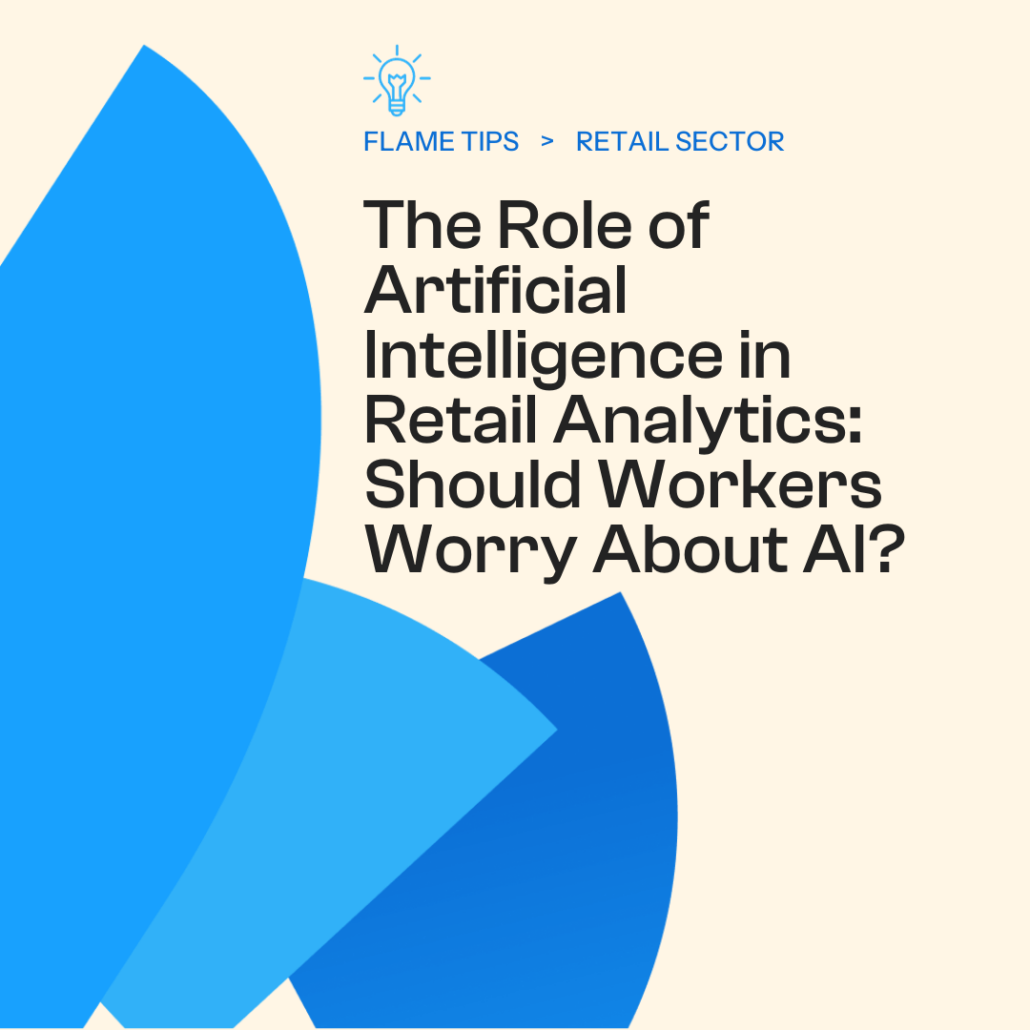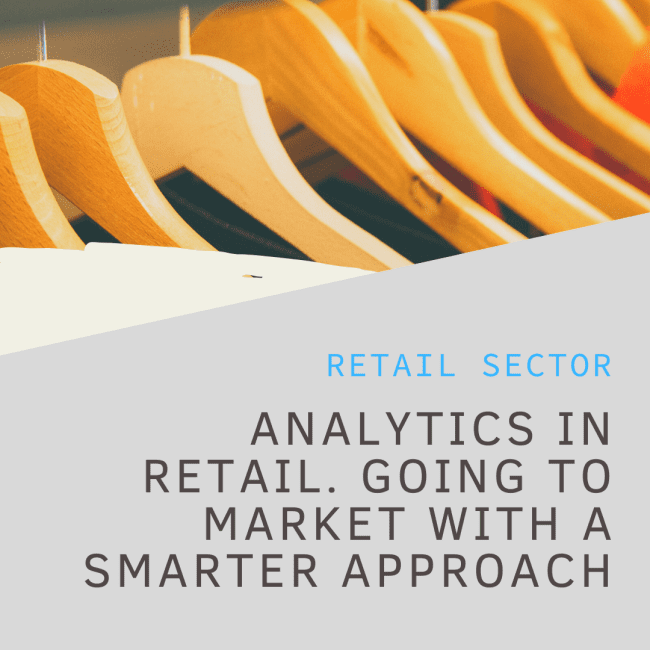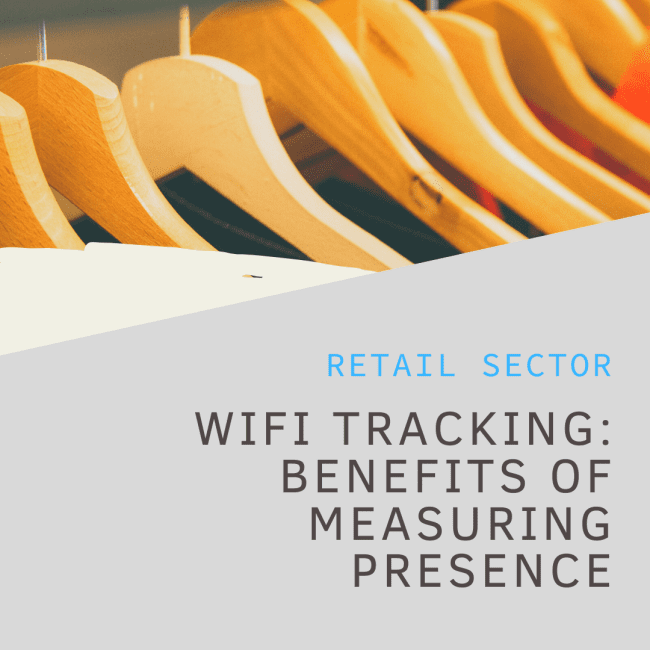In today’s dynamic retail landscape, success depends on making informed decisions driven by data. Retailers strive to understand their customers better, optimize their operations, and stay ahead of the competition. This is where artificial intelligence (AI) comes into play, revolutionizing the way retail analytics is conducted. By leveraging the power of AI, retailers can unlock valuable insights hidden within their vast troves of data, enabling them to make smarter business decisions and provide enhanced customer experiences.
Artificial Intelligence as a tool in Retail Analytics
Enhanced Customer Understanding
One of the primary advantages of AI in retail analytics is its ability to gain a deeper understanding of customers. AI algorithms can analyze vast amounts of customer data, such as purchase history, browsing behavior, social media interactions, and demographic information, to create comprehensive customer profiles. These profiles provide valuable insights into individual preferences, allowing retailers to personalize marketing campaigns, improve product recommendations, and tailor promotions to specific customer segments. By leveraging AI-powered analytics, retailers can enhance customer satisfaction, loyalty, and ultimately drive revenue growth.
Demand Forecasting and Inventory Management
AI algorithms have the potential to revolutionize demand forecasting and inventory management in the retail sector. By analyzing historical sales data, market trends, seasonality, and external factors such as weather patterns, AI can accurately predict future demand for specific products. This enables retailers to optimize their inventory levels, reduce stockouts, minimize overstock situations, and improve overall supply chain efficiency. AI-powered inventory management systems can automate replenishment processes, ensuring that the right products are available at the right time and in the right quantities, leading to improved customer satisfaction and reduced costs.
Personalized Shopping Experiences
AI-powered recommendation engines have transformed the way retailers interact with their customers. By employing machine learning algorithms, retailers can provide personalized product recommendations to customers based on their browsing history, purchase behavior, and preferences. These recommendations can be displayed on e-commerce websites, and mobile apps, or sent via targeted email campaigns. By tailoring product suggestions to individual customers, retailers can increase conversion rates, cross-selling opportunities, and average order values. Additionally, chatbots powered by AI can provide personalized assistance to customers, offering instant support and improving the overall shopping experience.
Fraud Detection and Loss Prevention
AI plays a crucial role in combating fraud and minimizing losses in the retail industry. By analyzing vast amounts of transactional data, AI algorithms can identify patterns and anomalies associated with fraudulent activities, such as credit card fraud, identity theft, and return fraud. Retailers can leverage AI-powered fraud detection systems to proactively identify and mitigate potential risks, protecting both their customers and their bottom line. Additionally, AI-powered video analytics can help detect in-store theft by analyzing surveillance footage, identifying suspicious behavior, and alerting store personnel in real time.
Pricing Optimization
AI-based pricing optimization algorithms enable retailers to dynamically adjust prices based on real-time market conditions, competition, and customer demand. By analyzing various data points, such as historical sales, competitor prices, and market trends, AI algorithms can recommend optimal pricing strategies to maximize revenue and profit margins. Dynamic pricing enables retailers to respond quickly to market fluctuations, run targeted promotions, and implement personalized pricing for different customer segments, ensuring competitiveness and profitability.
AI’s Impact on Retail Job Landscape
AI’s impact on the retail job landscape cannot be overlooked. While AI brings numerous benefits to retailers, such as improved efficiency and customer experiences, it also brings changes to the workforce. As AI automates certain tasks and processes, there may be a shift in job roles and responsibilities within the retail industry. Repetitive and manual tasks, such as inventory management or data entry, can be automated, leading to a reduced need for certain job positions. However, this does not necessarily mean that AI will replace human workers entirely. In today’s developing retail field, there are abundant opportunities to land a retail job. So, the ones who are interested, shouldn’t worry about employment.
Instead, AI will allow employees to focus on higher-value tasks that require creativity, problem-solving, and customer interaction. Retailers should invest in upskilling and reskilling their workforce to adapt to the changing demands of an AI-powered retail environment. By embracing AI and providing training opportunities, retailers can ensure a smooth transition and create new job roles that leverage the capabilities of AI technology.
Enhance your business with retail analytics
The advent of artificial intelligence has revolutionized retail analytics, empowering retailers to harness the power of data and unlock valuable insights. By employing AI algorithms, retailers can gain a deeper understanding of their customers, optimize inventory management, provide personalized shopping experiences, detect fraud, and optimize pricing strategies. As AI technology continues to advance, the role of AI in retail analytics will only grow more significant, enabling retailers to stay agile, make data-driven decisions, and thrive in an increasingly competitive market. Embracing AI in retail analytics is no longer an option but a necessity for retailers seeking to succeed in the digital age.







